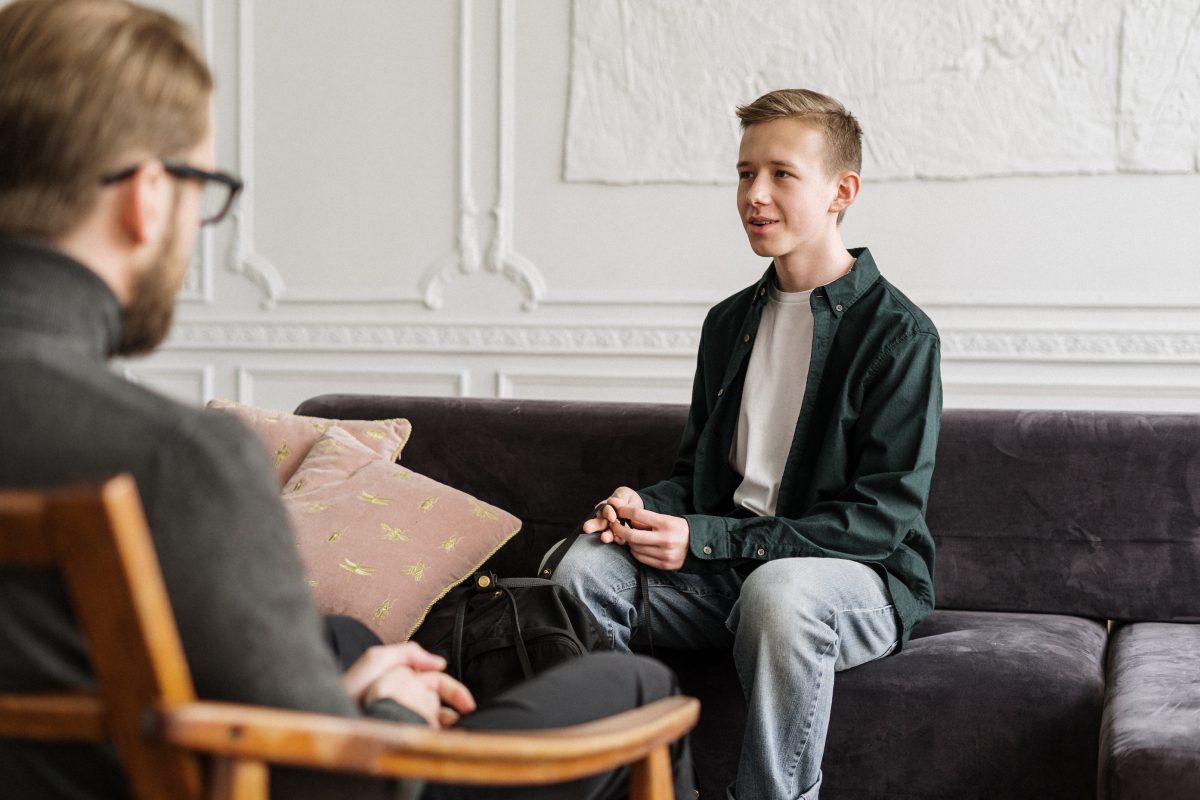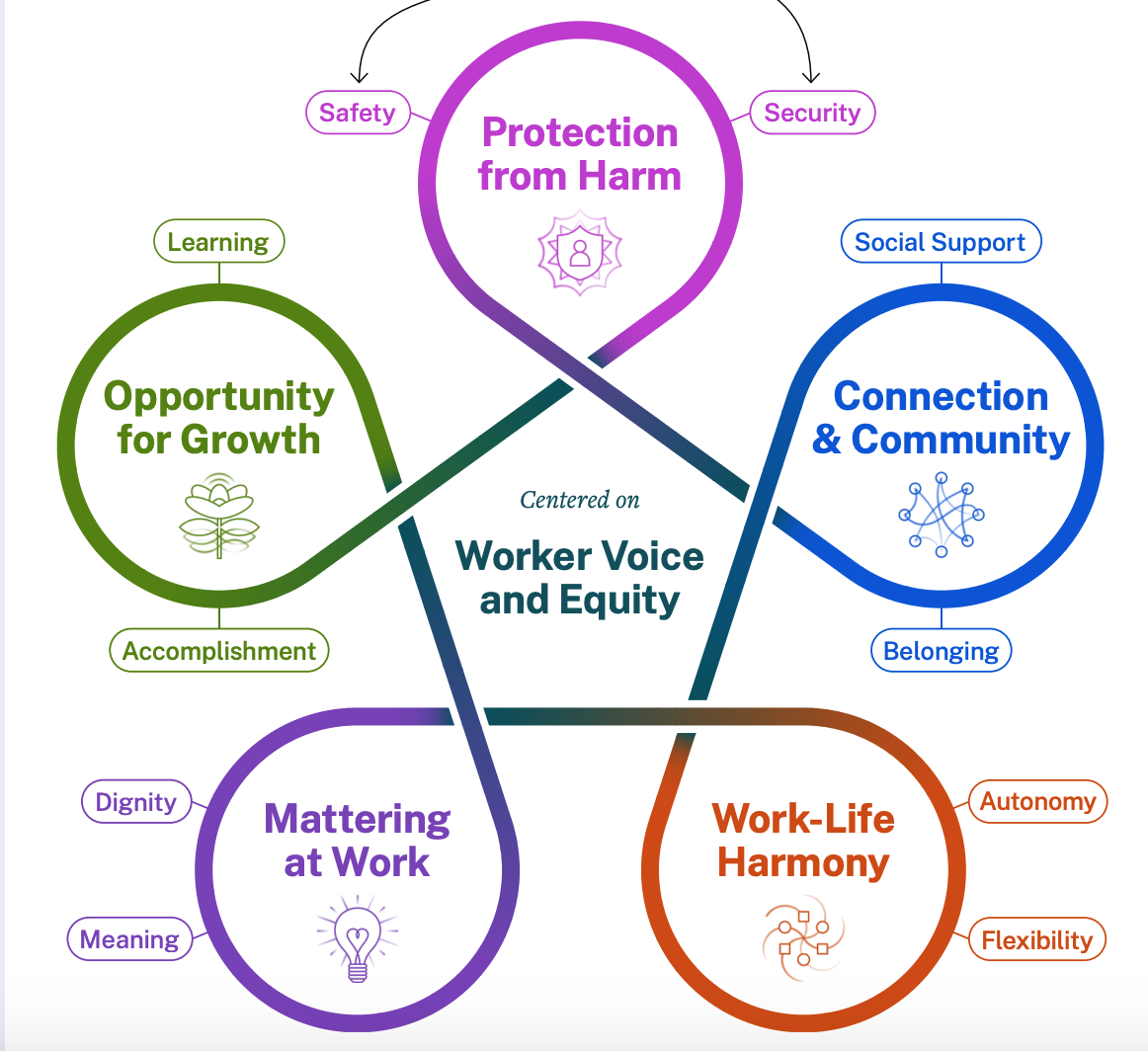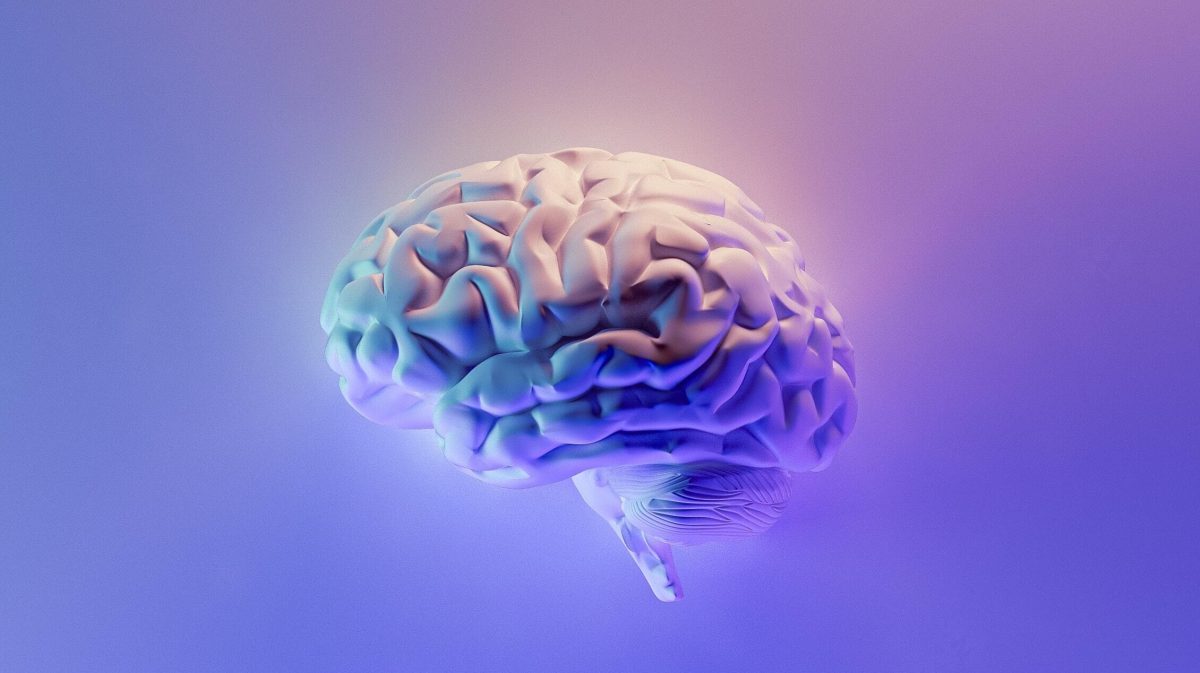Old traumas linger
I turned a corner, and there it was: A big white dog. I jumped back in surprise. But the dog was on a long leash and followed me. All I could think about was how to escape.
There really wasn’t any danger. The dog just wanted to greet me. It wasn’t aggressive, and its owner quickly pulled it back when he saw my reaction.
But my body told me otherwise. As a child, I had unpleasant experiences with dogs. These left me with a powerful fear of dogs. When I had children, I realized that I didn’t want to pass this fear on to them. So, I started working on my fear of dogs.
Today, I can easily walk in our local forest – even the part where dogs can run freely – without being afraid, even if they come running towards me. I’ll be fond of dogs, but I’ve gone from fear to just being extra vigilant.
This day was different because I was surprised. When you know you’re walking in an off-leash area, you’re prepared. When you suddenly encounter a dog in the middle of the city, and you don’t see it coming, the reaction from old traumas can unexpectedly surface.
Traumas settle in the body, and there are many layers to let go of. The last aspect is typically the reaction when you’re surprised. Because I had already worked so much on my fear of dogs, I could quickly relax and continue my walk.
If you’ve had a similar experience where your body suddenly goes into alarm mode, the following exercise may help. You can perform it right after the event while you continue walking.
- Consciously lower your shoulders and straighten your back.
- Take a few deep, calm breaths. If your breathing is very fast and shallow, take a few minutes to slowly lower the rhythm and increase the depth of your breath.
- Think through your experience as if you were telling a story to someone else. In my example, I said to myself, “The dog came around the corner and surprised me. I stepped back, and the dog followed. But when I think about it, the dog didn’t seem aggressive, and the owner quickly pulled the dog back. I could see that the situation wasn’t dangerous, and I could move on.”
Feel how your body settles down. Know that you had a completely normal reaction influenced by your past experiences.
I hope this exercise can help you quickly regain your composure. If you find it challenging to let go of your experience, consider what might be underlying it. If you have my book “Life after Bullying,” check out Chapter 10 and use the tapping method to process your experience. If the experience still lingers, you may need help releasing the old trauma that was triggered. Feel free to book a free intro call with me to learn more.









